How much Protein Do you Really Need? To talk about how much, first we need to chat about protein and what it is, what it does. Of the three energy nutrients, protein, fat & carbohydrates, protein is perhaps the most highly regarded. Even the name, a Greek word ‘proteios’ means ‘of prime importance’.
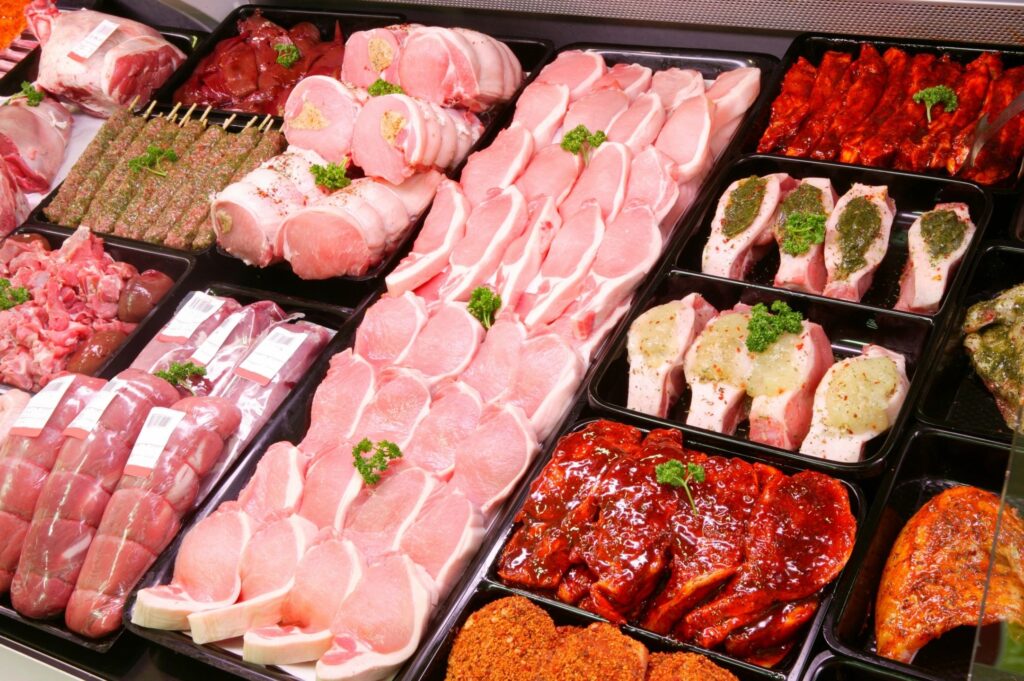
Protein is one of the most important nutrients needed to sustain ourselves. Proteins are compounds composed of atoms & arranged as strands of amino acids. There are 20 amino acids, nine of them, called essential amino acids are ones which must be obtained from our diet. The other 11 amino acids, our body can produce on its own.
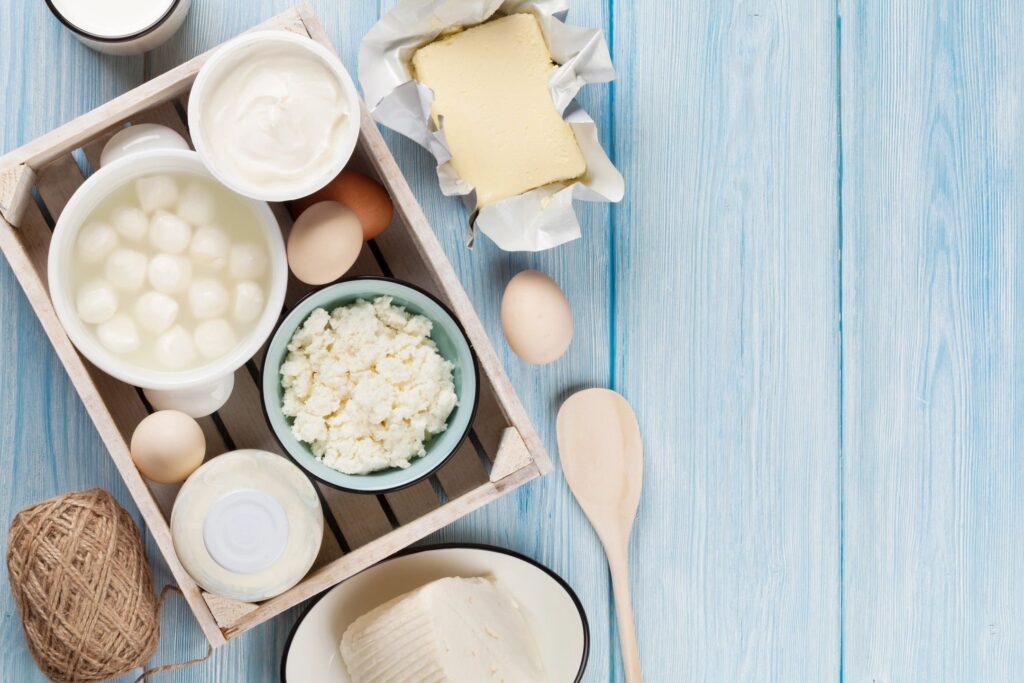
Protein makes up important components of our bones, muscles, cartilage, skin and blood. They also form enzymes and hormones that help the body function regularly.
Proteins assist the body in maintaining its resistance to disease. Proteins act as buffers in maintaining acid and base concentrations in body fluids and regulate the quantity of fluid in body compartments. Proteins also move essential nutrients throughout the body. Protein can be used to provide calories & is used to help meet the body’s energy needs.
Some amino acids can be converted to glucose as fuel source for the brain and nervous system when carbohydrate intake is inadequate. Protein is either animal based or plant based. Animal-based protein is a complete protein providing all the nine essential amino acids.
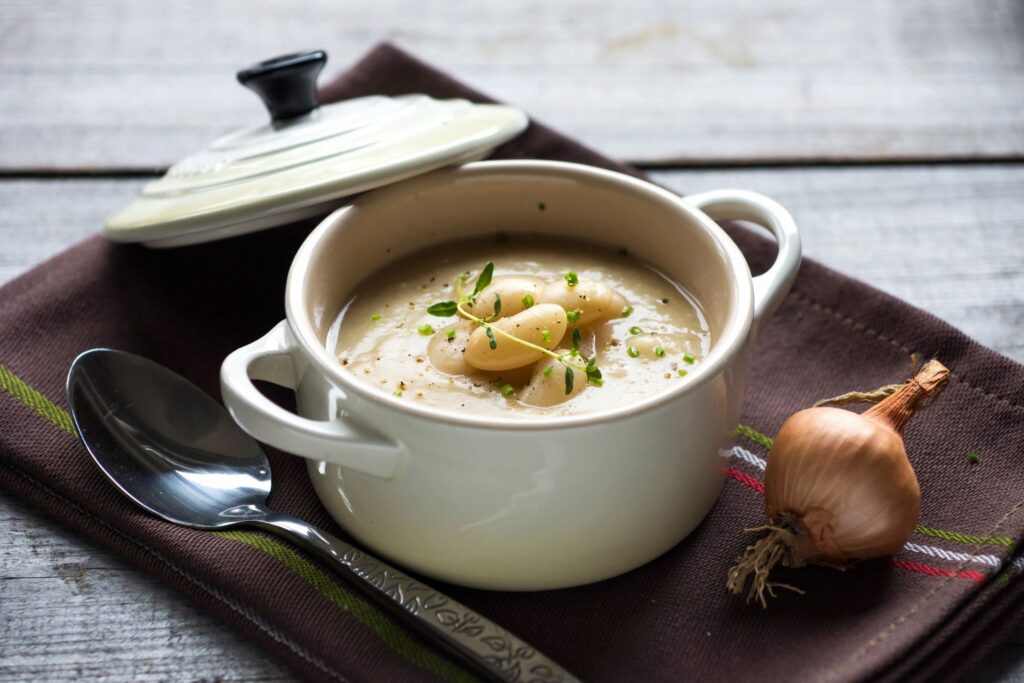
Plant protein is incomplete & because of this, it’s recommended to consume various types of plant proteins together such as rice & beans or peanut butter and bread. Soy, seeds and nuts is another combo.
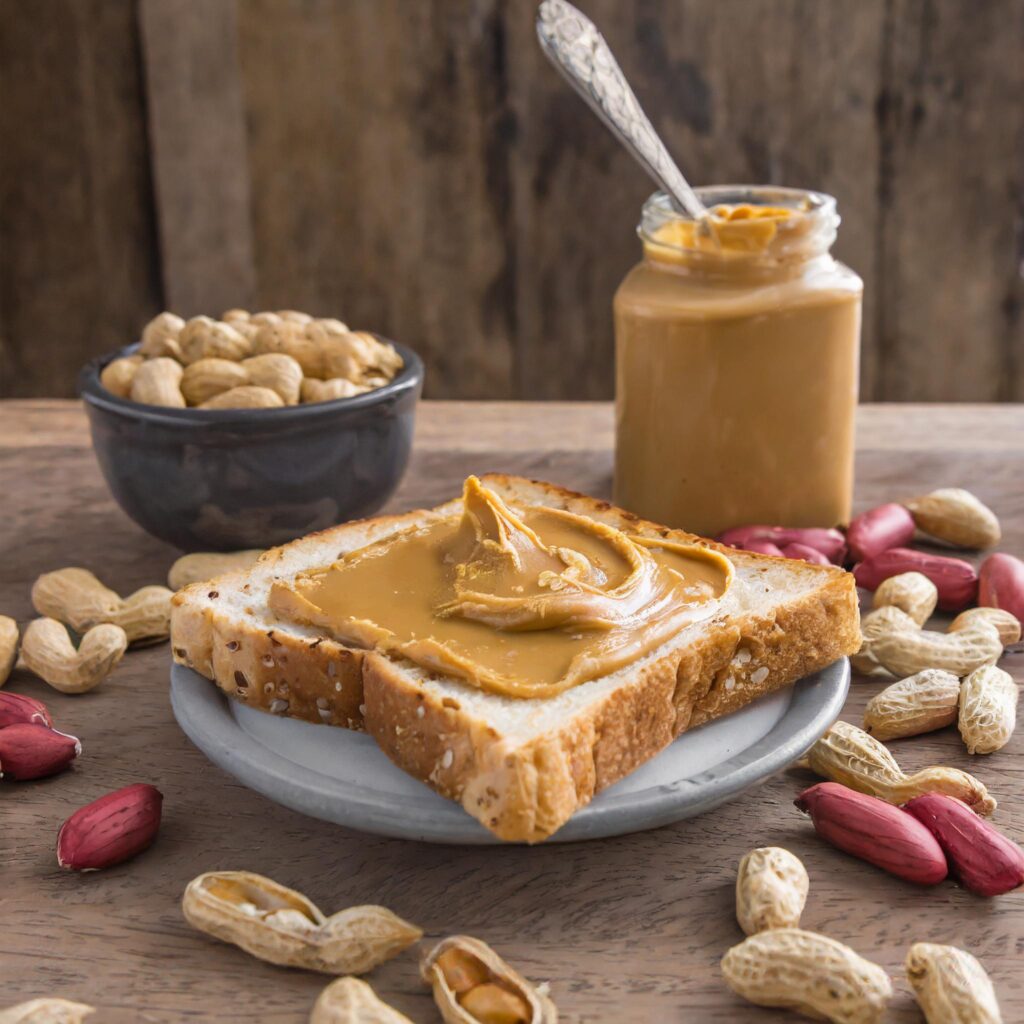
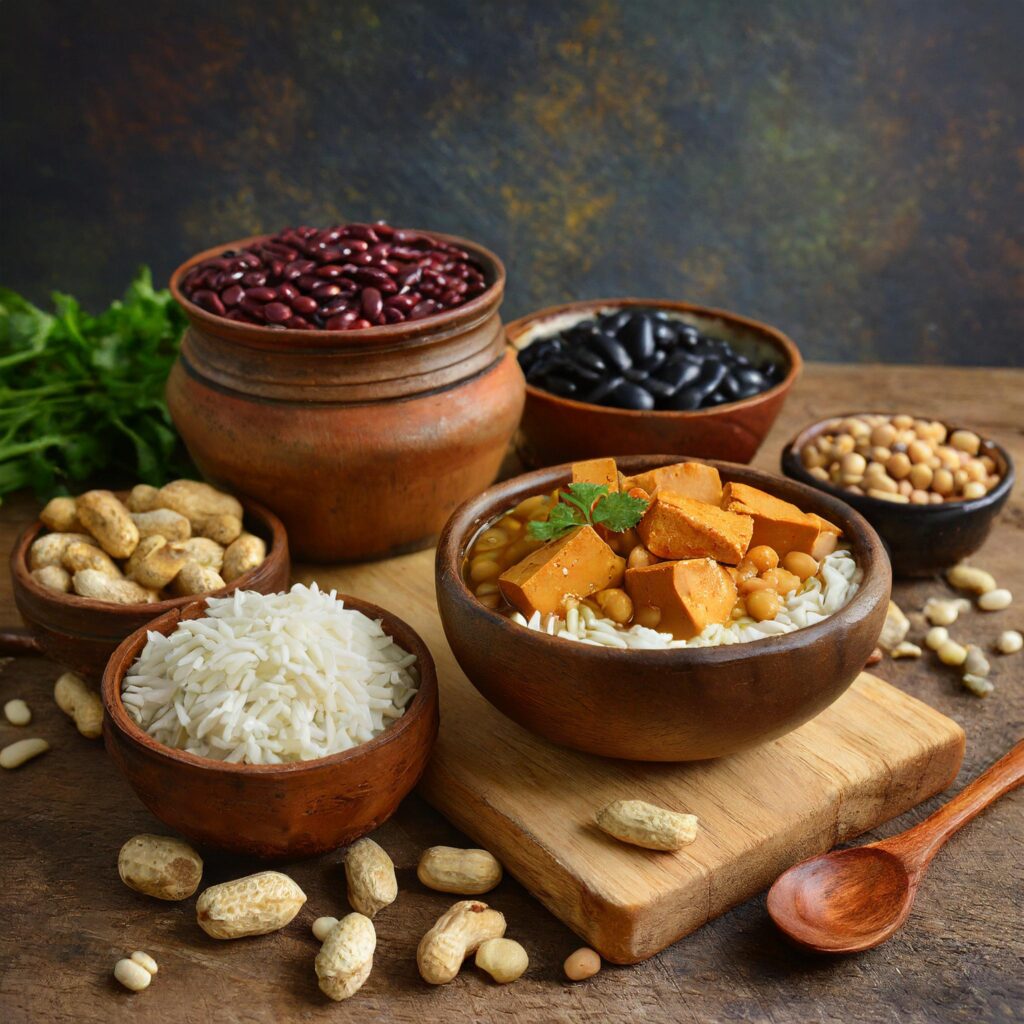
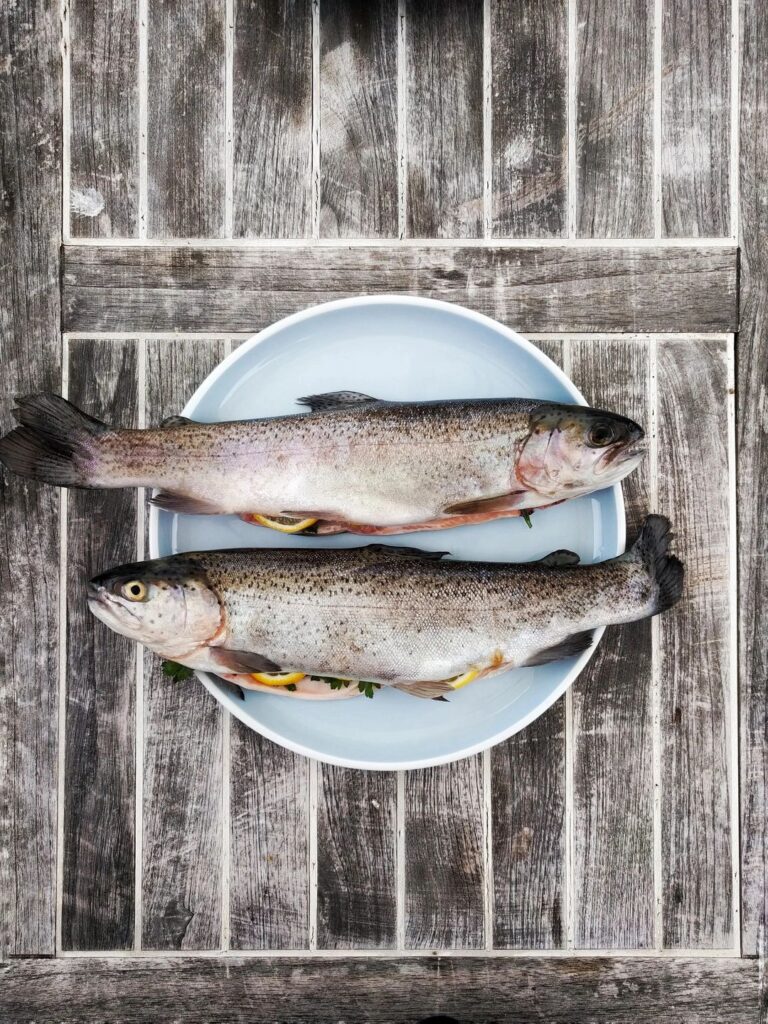
Now the role of protein in food is not to provide body proteins directly but to supply the amino acids the body uses to make its own protein. Body cells can’t store these amino acids for future use so the essential amino acids must be consumed as part of a balanced diet.
But how much do you need – this is where things can get confusing…
Proteins, like other foods, contains calories. If you’re trying to lose weight, you need to be in a calorie deficit. How much do you need: Many think more protein is better. The best way to calculate your minimum is to use your weight: Multiply your weight in kilos by 0.8 (this is grams). If you weight 68 kg (or about 150 lbs) then you’ll want to eat 54g of protein a day. Now I’ve heard differently to this. Some trainers tell you, you need 1.5 to 2g of protein per kilo this more than doubles what I learnt as a nutritionist and what many dietitians will mostly likely suggest. I think if you look as .8g being a minimum and 1.5g being maximum, unless you’re excessively working out and body building, you’ll be okay.
These need to be high quality protein, not processed protein bars, powders and drinks – sorry.
Here’s a quick rundown: (these are approximates)
- 4oz/125g cooked chicken breast has 21g protein & 123 calories / thighs is 232 calories
- Large egg – 6g protein and 75 calories
- 4 oz steak – 23g protein & 247 calories salmon is roughly the same minus about 10 calories
- Shrimp/prawns – 4oz/125g has 26g protein & 135 calories
- White fish such as snapper, cod, halibut has anywhere from 95 to 115 calories per cooked 4 oz/125g
- Pork tenderloin in 125g has 35g protein and 204 calories
- Turkey 125g – 21g protein & 130g calories
- Cottage cheese – 1 cup is 25g protein & 200 calories
- Whole milk yogurt has 8 g protein & 200 calories
- Low fat 12g and 150 calories – various from brands
- Cooked quinoa has 8g protein and 222 calories in 1 cup
- 1 cup cooked lentils – 18g protein and 230 calories
- A slice of wholegrain bread 32g can have anywhere from 3 to 5g protein and around 80 calories depending on the size
- 2 tablespoons peanut butter has 8g protein & 188 calories
- 125 tofu has 10g protein & 95 calories
- 1 cup of cooked red kidney beans has 13g protein & 225 calories
- 1 cup of cooked white rice has 7g protein and 242 calories
- 1 oz/28g of nuts contains anywhere from 4g (walnuts) to 6g (almonds) peanuts which are a legume but called nuts are the highest at around 7g
- 1/4 cup of nuts is about 200 calories & 7g protein
Keep track of your protein consumption to see if you’re getting enough. Adding some at every meal will help you reach your daily requirements. Good luck!
Find links to our podcast on our RSS feed (if you have an iphone you’ll have to download the rss app). Here are links to different places to listen – or watch us.

